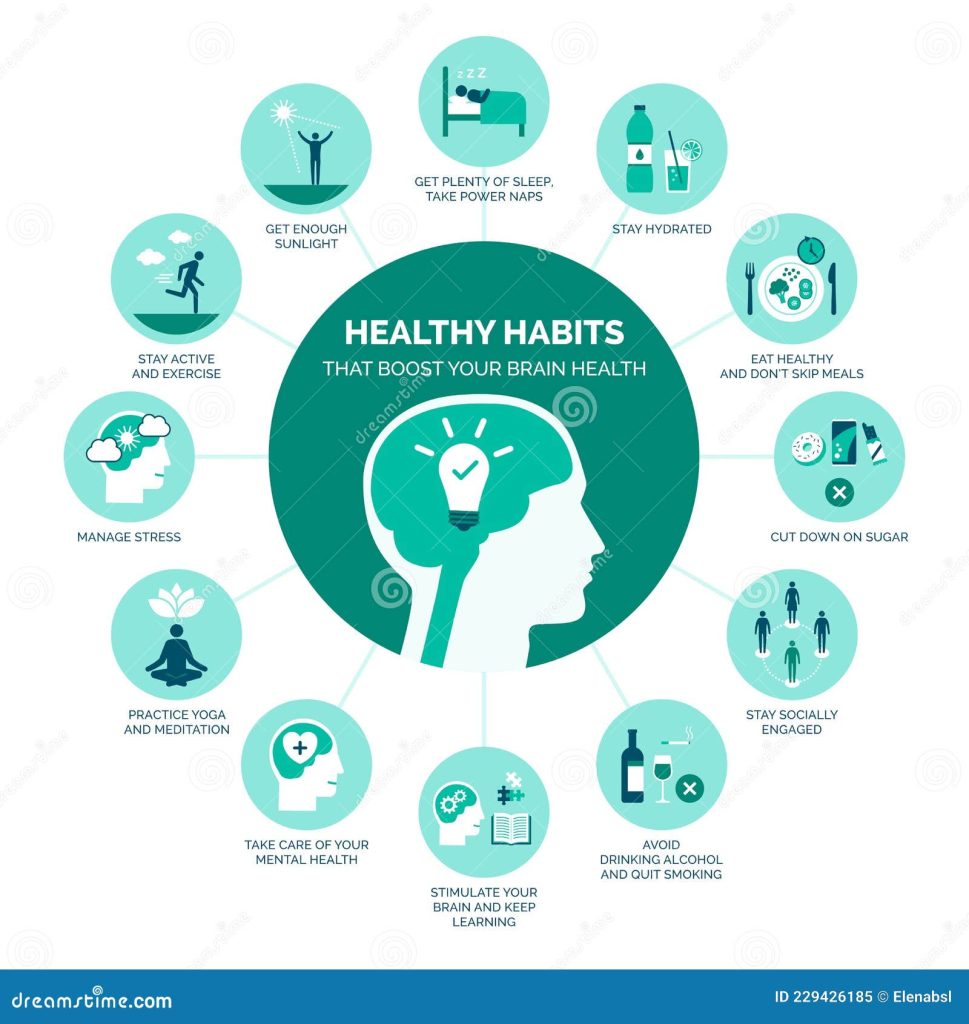Sleep is essential for our overall health and well-being. It is during sleep that our bodies repair and recover from the day’s activities, and where hormones are balanced. Poor sleep hygiene can lead to a variety of health issues, including decreased immune function, impaired cognitive function, weight gain, and an increased risk of chronic diseases. In order to ensure that you are getting the best quality of sleep possible, it is important to practice good sleep hygiene. Here are some tips to help you achieve better recovery and hormone balance through improving your sleep hygiene:
1. Establish a bedtime routine
One of the best ways to improve your sleep hygiene is to establish a consistent bedtime routine. This could include activities such as reading a book, taking a warm bath, practicing relaxation techniques, or meditating. By creating a routine, you signal to your body that it is time to wind down and prepare for sleep, making it easier to fall asleep and stay asleep throughout the night.
2. Create a sleep-conducive environment
It is important to create a sleep-conducive environment in order to improve your sleep hygiene. Make sure your bedroom is dark, quiet, and cool, as these conditions are optimal for sleeping. Invest in a comfortable mattress and pillows, and consider using blackout curtains or a white noise machine to block out any light or noise that may disrupt your sleep.
3. Limit exposure to screens before bed
Exposure to screens before bed can disrupt your sleep by inhibiting the production of melatonin, the hormone that regulates sleep. The blue light emitted by screens such as smartphones, tablets, and computers can trick your brain into thinking it is still daytime, making it difficult to fall asleep. To improve your sleep hygiene, try to limit your exposure to screens at least an hour before bed, and consider using blue light blocking glasses if you must use screens close to bedtime.
4. Avoid caffeine and alcohol before bed
Caffeine and alcohol are both substances that can disrupt your sleep by interfering with your body’s natural sleep-wake cycle. Caffeine is a stimulant that can keep you awake and alert, while alcohol can disrupt the quality of your sleep by causing you to wake up frequently throughout the night. To improve your sleep hygiene, it is best to avoid consuming caffeine and alcohol at least a few hours before bed.
5. Practice relaxation techniques
Practicing relaxation techniques such as deep breathing, progressive muscle relaxation, or meditation can help to calm your mind and body, making it easier to fall asleep. These techniques can reduce stress and anxiety, which are common barriers to a good night’s sleep. By incorporating relaxation techniques into your bedtime routine, you can improve your sleep hygiene and promote better recovery and hormone balance.
6. Exercise regularly
Regular exercise has been shown to improve the quality of sleep by promoting relaxation and reducing stress. However, it is important to time your workouts appropriately in order to avoid disrupting your sleep. Try to schedule your workouts earlier in the day, as exercising close to bedtime can increase your heart rate and body temperature, making it harder to fall asleep. By incorporating regular exercise into your routine, you can improve your sleep hygiene and support better recovery and hormone balance.
7. Maintain a healthy diet
Eating a healthy diet can also contribute to better sleep hygiene and hormone balance. Avoiding heavy, spicy, or fatty foods close to bedtime can help prevent indigestion and sleep disturbances. Instead, opt for lighter, nutrient-dense foods that are rich in vitamins and minerals that promote relaxation and restful sleep. Incorporating foods such as bananas, almonds, turkey, and chamomile tea into your diet can support better sleep and hormone balance.
8. Seek professional help if needed
If you are struggling to improve your sleep hygiene despite making changes to your routine and environment, it may be helpful to seek professional help. A healthcare provider or sleep specialist can help identify the underlying causes of your sleep difficulties and develop a personalized treatment plan to improve your sleep hygiene and promote better recovery and hormone balance. In some cases, medication or therapy may be necessary to address chronic sleep problems and restore healthy sleep patterns.
In conclusion, sleep hygiene is essential for supporting better recovery and hormone balance. By establishing a bedtime routine, creating a sleep-conducive environment, limiting exposure to screens, avoiding caffeine and alcohol, practicing relaxation techniques, exercising regularly, maintaining a healthy diet, and seeking professional help when needed, you can improve your sleep hygiene and optimize your sleep quality. By prioritizing good sleep hygiene, you can support your body’s natural processes of repair and recovery, and promote hormonal balance for optimal health and well-being.

